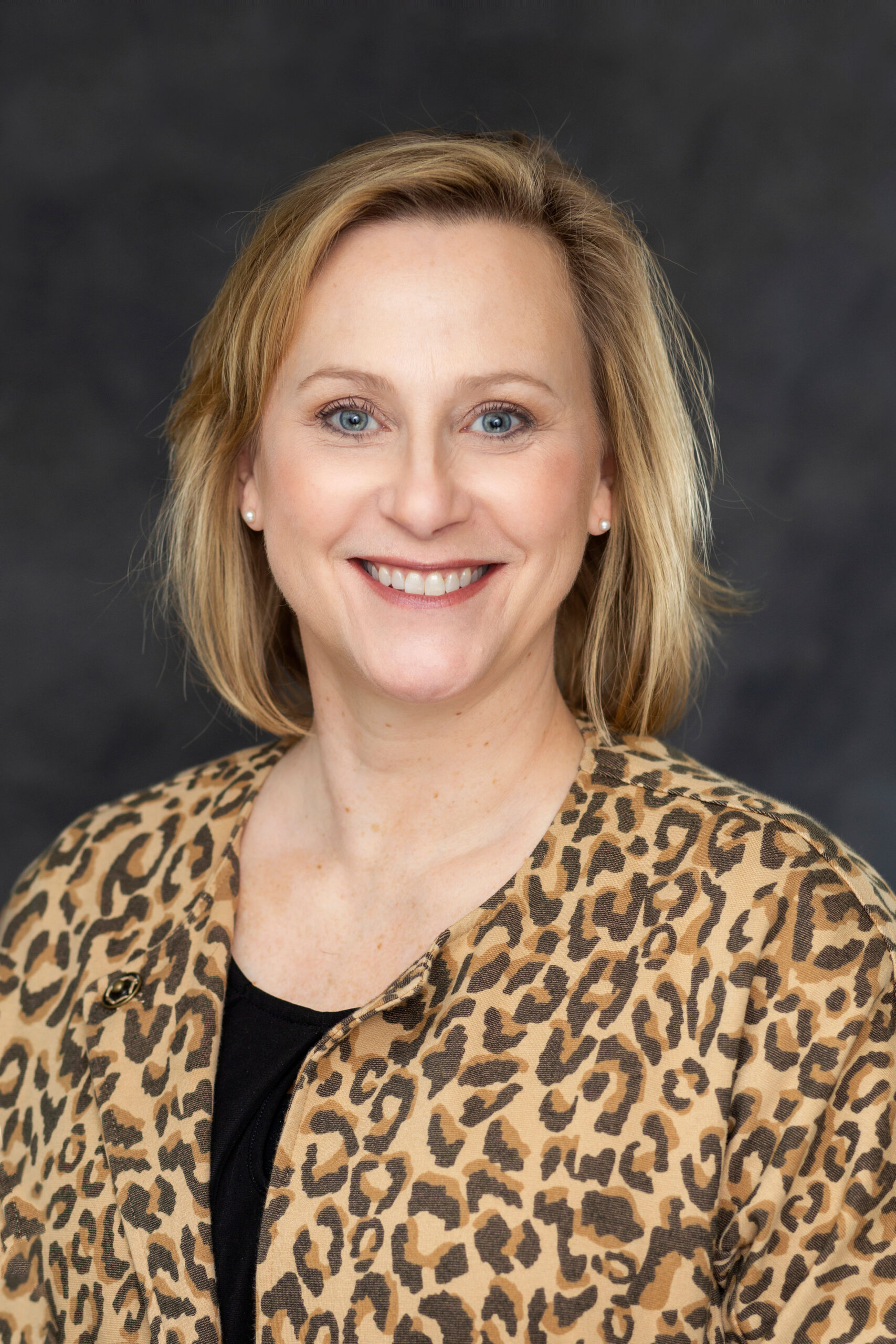Simon M. Helgott, MD, associate professor of medicine in the Division of Rheumatology and Immunology at Harvard Medical School, Boston, and former editor of The Rheumatologist, agrees that clinicians are mostly feeling confident about biosimilars from a purely medical perspective. He does have concerns about immunogenicity and effectiveness in patients who may have to switch biosimilar versions multiple times for insurance reasons; that’s an aspect the FDA never specifically studied. However, some studies from Europe, where adalimumab biosimilars have been available since 2018, offer reassurance.
“Insurance for patients changes frequently,” Dr. Snow adds, “and the formulary changes frequently. If I knew what would be covered for the next five years, I would choose that adalimumab version because I would ideally not have it changed multiple times. But at the same time, it’s reassuring that these drugs have been proved to be equal in how they work.”
Biosimilar Rollout
It’s still unclear how payers will opt to handle reimbursement and availability of the new biosimilar products relative to the reference biologic and other biologics that don’t have biosimilars.
Dr. Helfgott notes that, unfortunately, little information has been available to help providers plan. “The learning curve is going to be very steep because, very quickly, many patients are going to be thrown into this situation,” he says.
Earlier this year, notes Dr. Snow, many formularies were carrying both adalimumab-atto (Amjevita) and adalimumab (Humira). But it’s unlikely that individual formularies will opt to carry all the new adalimumab biosimilars. It’s unclear whether payers will prefer adalimumab (Humira) and not cover biosimilar products, cover biosimilars at parity to adalimumab or prefer biosimilars over adalimumab and potentially over some biologics without a current biosimilar equivalent. At least two major payers have announced they will cover a few adalimumab biosimilars at parity.
Kamala Nola, PharmD, MS, associate dean for academic affairs and professor of pharmacy practice at Lipscomb University, Nashville, Tenn., adds, “It’s not clear if all the adalimumab biosimilars are going to be equally available or if one is going to become more dominant in the market. We don’t know how the key formularies are going to handle it yet.”
Dr. Nola points out that pharmacies will initially find it challenging to keep multiple adalimumab biosimilars properly stocked before it becomes clear which biosimilars will be prescribed and placed on formularies.





